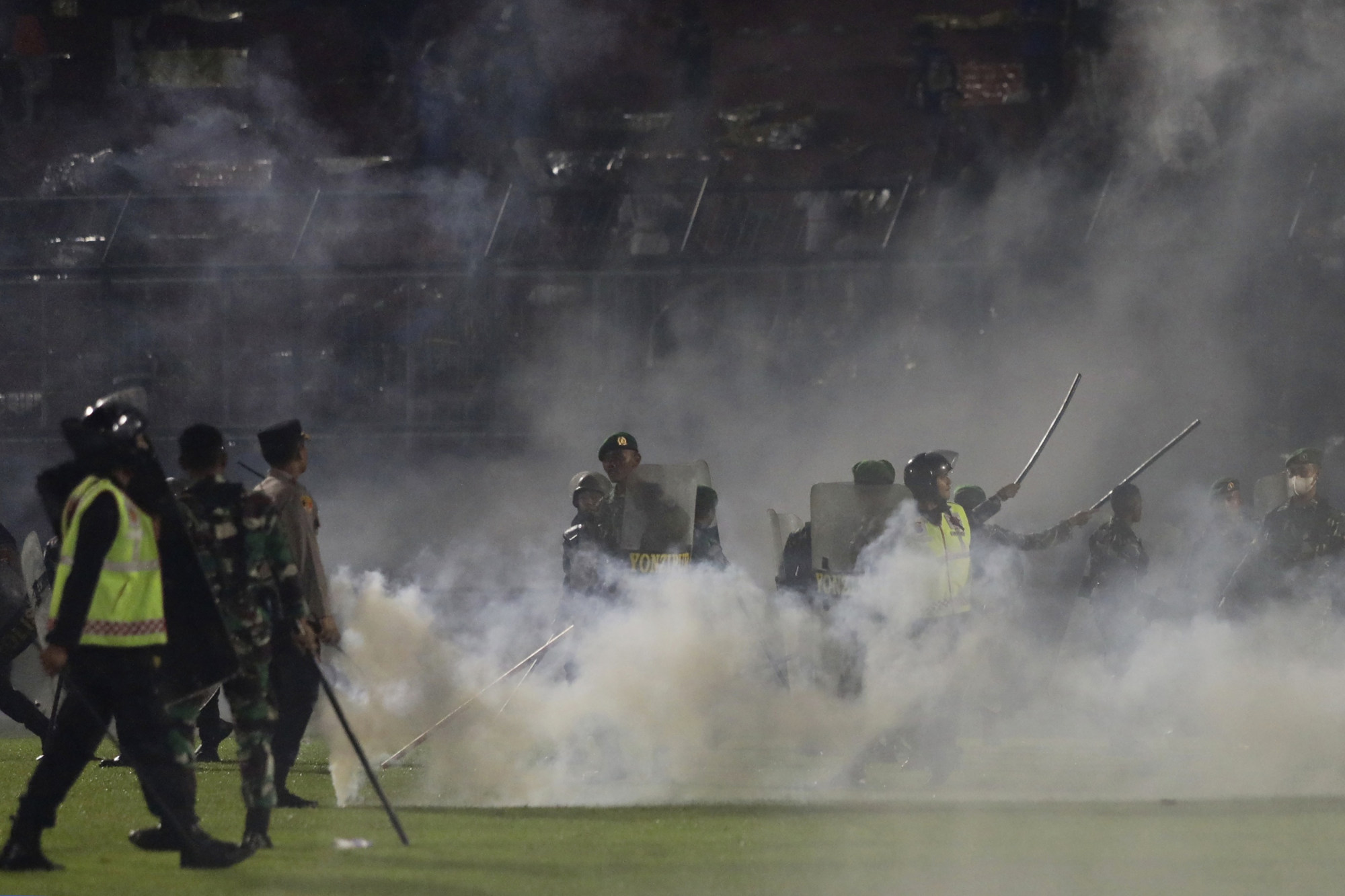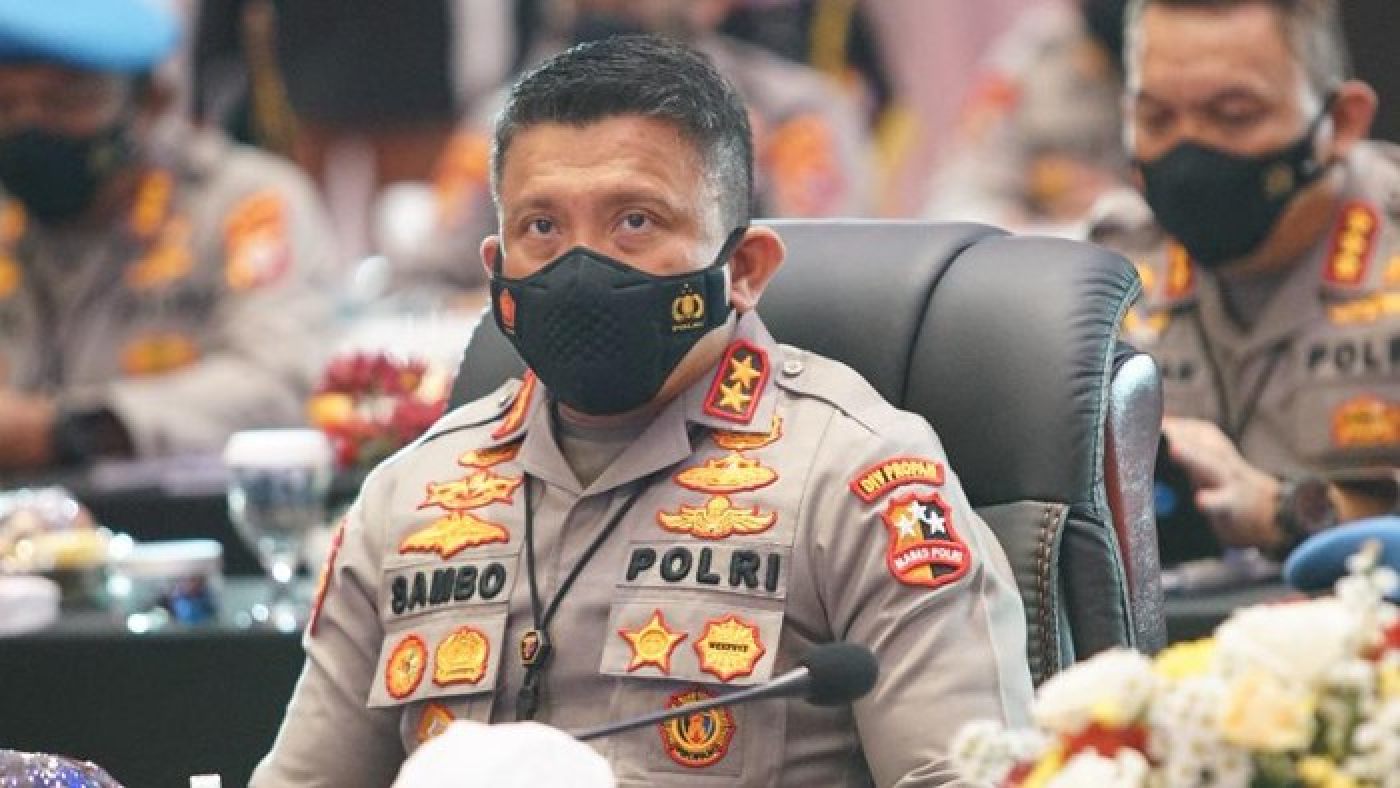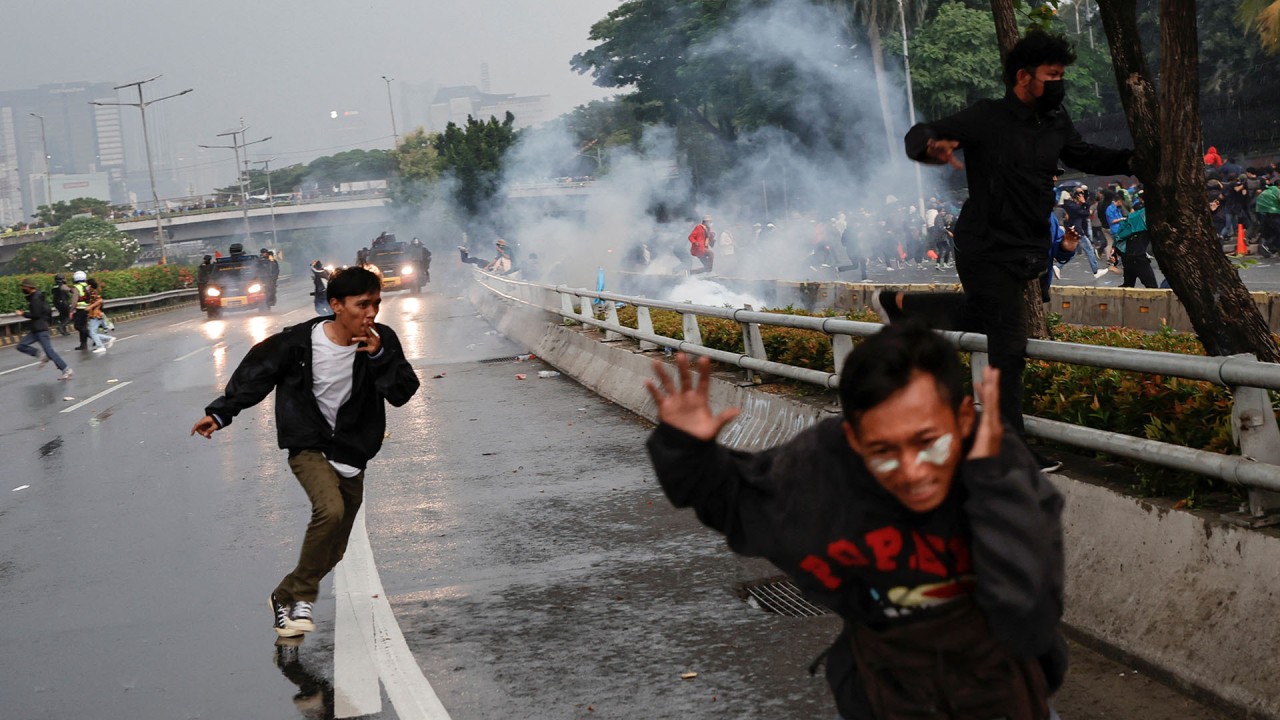
Indonesian soldiers’ alleged killing of an Acehnese man triggers painful memories of military abuses
- The alleged murder of the man has triggered painful memories in Aceh of Indonesia’s past violent crackdown in the province among local residents
- Activists are calling for the soldiers to be tried in a civilian court and an end to abuses by Indonesian uniformed personnel
The death of an Acehnese man who was allegedly kidnapped and tortured by three Indonesian soldiers has sparked calls for them to be tried in a civilian court, as the case triggers painful memories of past military abuses among locals in the western province.
Imam Masykur, 25, a cosmetics seller from Bireuen town in Aceh province, disappeared on August 12 after he was allegedly snatched outside his shop in Tangerang, near Jakarta, by three Indonesian Army soldiers who have since been arrested.
According to the police, the soldiers supposedly extorted from Imam after they suspected him of selling illegal medicine.
In a statement to local media, Imam’s mother Fauziah said her son had called her at her home in Aceh on August 12 and asked her to send 50 million rupiah (US$3,300) to secure his release. “He said: ‘Mum, please send the money, I can’t stand the torture any more.”
The alleged perpetrators also sent her a video that showed Imam being tortured, and threatened to kill him if she did not send the money, according to Fauziah.
When she rang her son, the perpetrators picked up the call, and she told them she would try to find the money but urged them not to torture her son.
Fauziah said she told the soldiers, who did not identify themselves as soldiers: “We are people who don’t have much, don’t ask for 50 million rupiah, I don’t even have 1,000 rupiah (6 US cents) in my wallet.”

Three days after his disappearance, Imam’s body was found floating in a river in the city of Karawang in West Java. The three soldiers were arrested on August 23 after one of them allegedly sold Imam’s mobile phone. It is unclear if they had killed Imam, or that his death was caused by the alleged torture.
Human right activists have slammed the incident as another example of unlawful abuse of civilians by military personnel in Indonesia.
“We condemn the torture that claimed the life of Imam Masykur and we demand fair law enforcement against the perpetrators who should be brought to a civilian court,” said Usman Hamid, the director of Amnesty Indonesia. “Crimes like this continue to occur due to lack of just punishments, cover-ups and denials.”
Such abuse cases often occurred and were typically dealt with by military courts without public knowledge, according to Hamid. These cases must be tried in public courts to ensure a fair trial, he added.
Imam’s death comes after a number of other high-profile cases involving excessive and illegal use of force by uniformed personnel that led to fatalities in Indonesia in recent years.
In April this year, Ferdy Sambo, the former head of the Indonesian Police Force’s internal affairs department and a two-star general, was sentenced to death for the premeditated murder of his 25-year-old aide, Nofriansyah Yosua Hutabarat, at Sambo’s home in Jakarta.
The death sentence was commuted to life in prison on appeal in August, prompting widespread public outrage.

In October last year, 135 people died at Kanjuruhan Stadium in the city of Malang after police fired tear gas onto the pitch and into the stands at the end of a football match in response to a pitch invasion by fans.
Speaking to the media on Tuesday, army spokesman Brigadier General Hamim Tohari said the actions of the “three unscrupulous soldiers has seriously hurt” the military’s reputation.
Ian Wilson, a lecturer in politics and security studies at Murdoch University in Australia, said Imam’s case would likely lead to a public trial of the three Indonesian soldiers. But he expected that the trio would be made scapegoats without any significant reforms being carried out to tackle military abuse.
“This [case] is sharpened by the fact the victim was Acehnese, considering the history of human rights abuses by the military in Aceh province.”
Aceh was embroiled in a long and bloody insurgency that lasted from 1976 to 2005. The insurgency broke out due to factors ranging from religious separatism to the perceived exploitation of Aceh’s natural resources by the central government.
From the late 1980s until the early 2000s, violent clashes erupted across Aceh after Indonesian troops were brought in to either quell civil unrest or fight separatists who had demanded for the province’s independence. At least 15,000 people died during the insurgency.
As a result of the historical tensions between the Acehnese and the military, Ben Husen, an Indonesian documentary filmmaker, said residents in the province were reliving decades-old painful memories due to Imam’s case.
“When something like this happens, it brings back all the memories from that time,” he said. “The wounds of the civil conflict are never far below the surface.”


